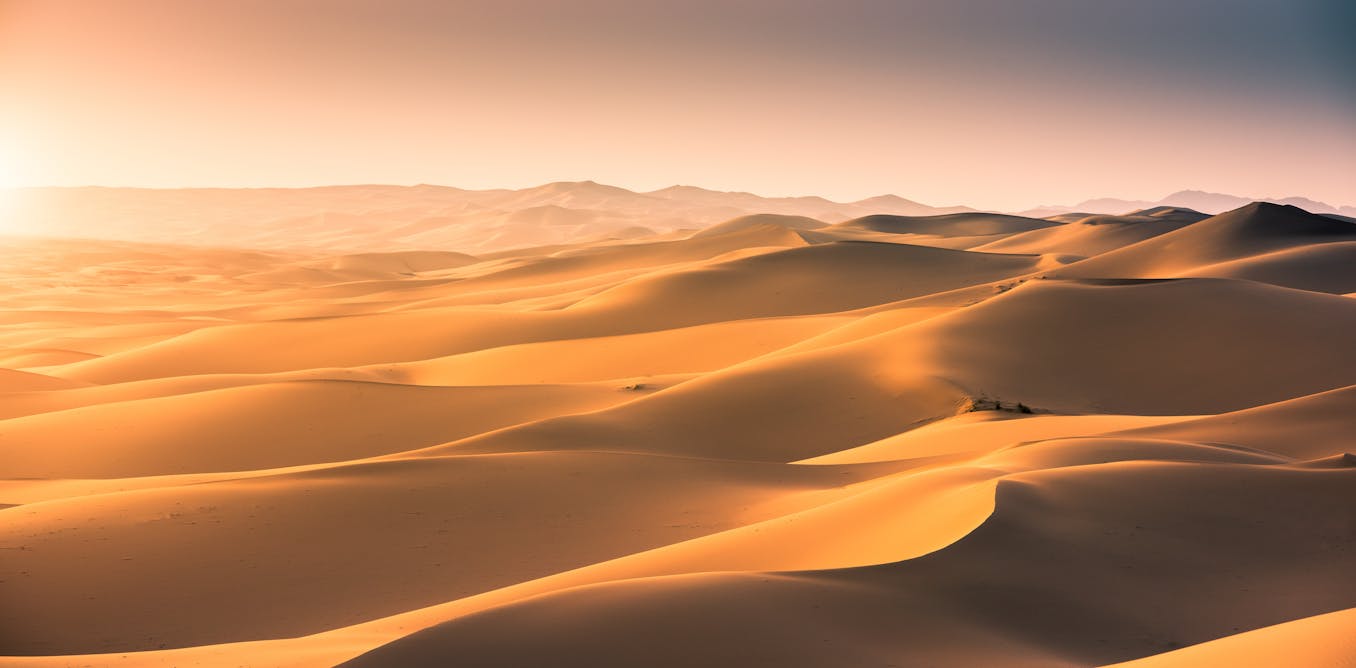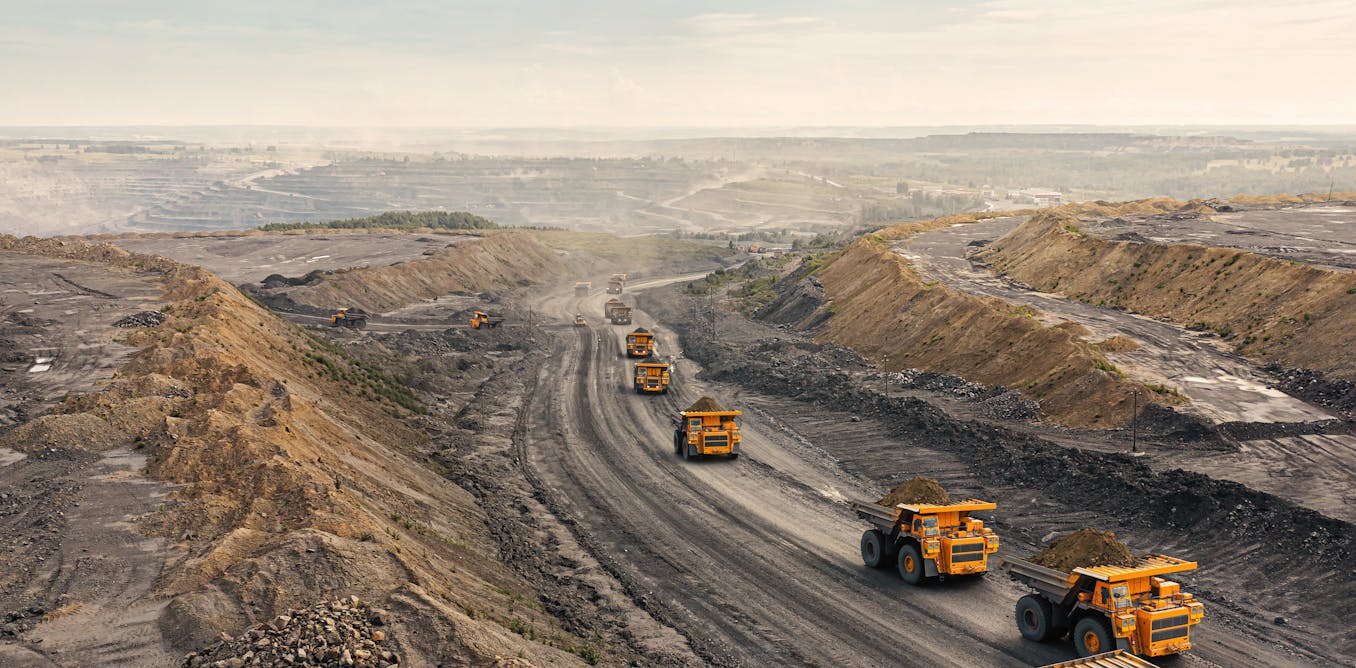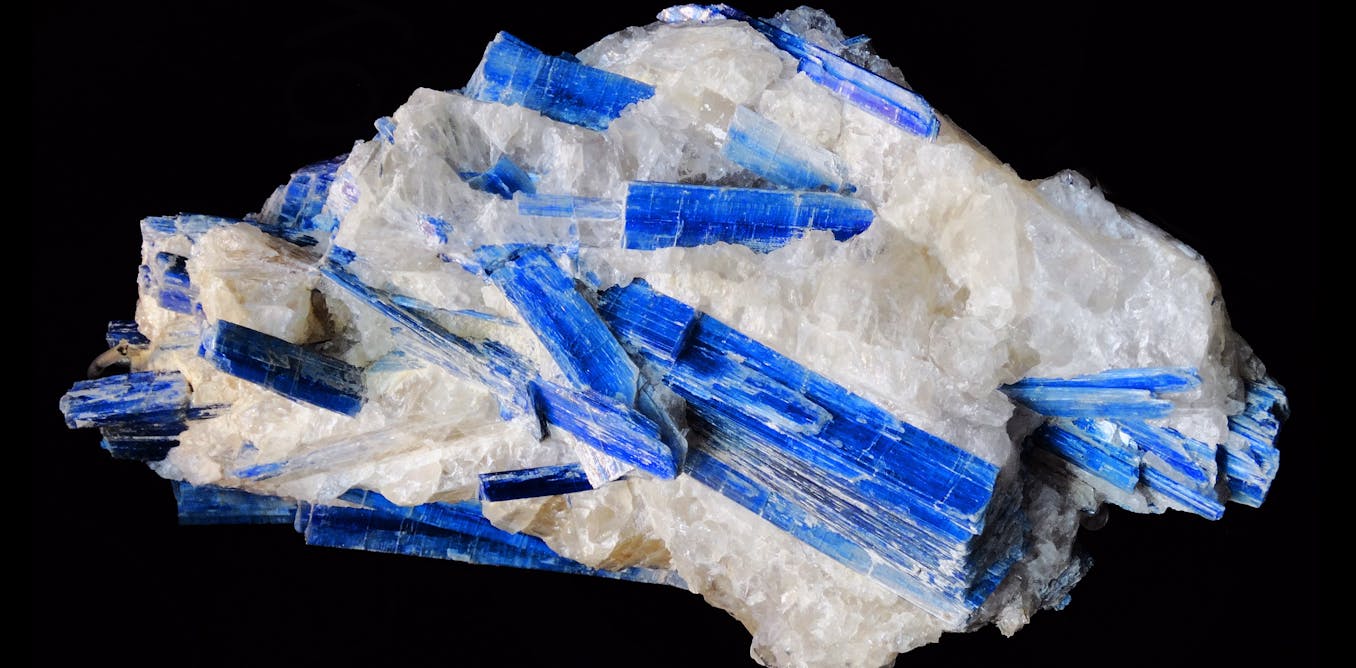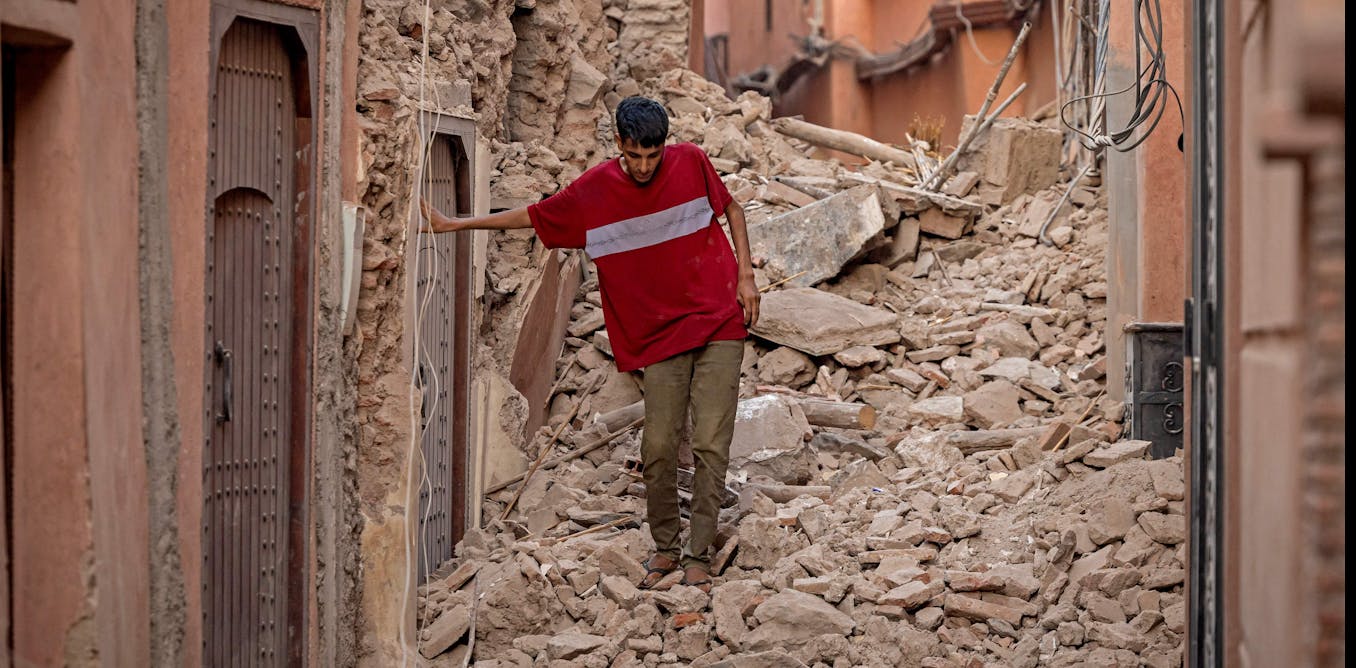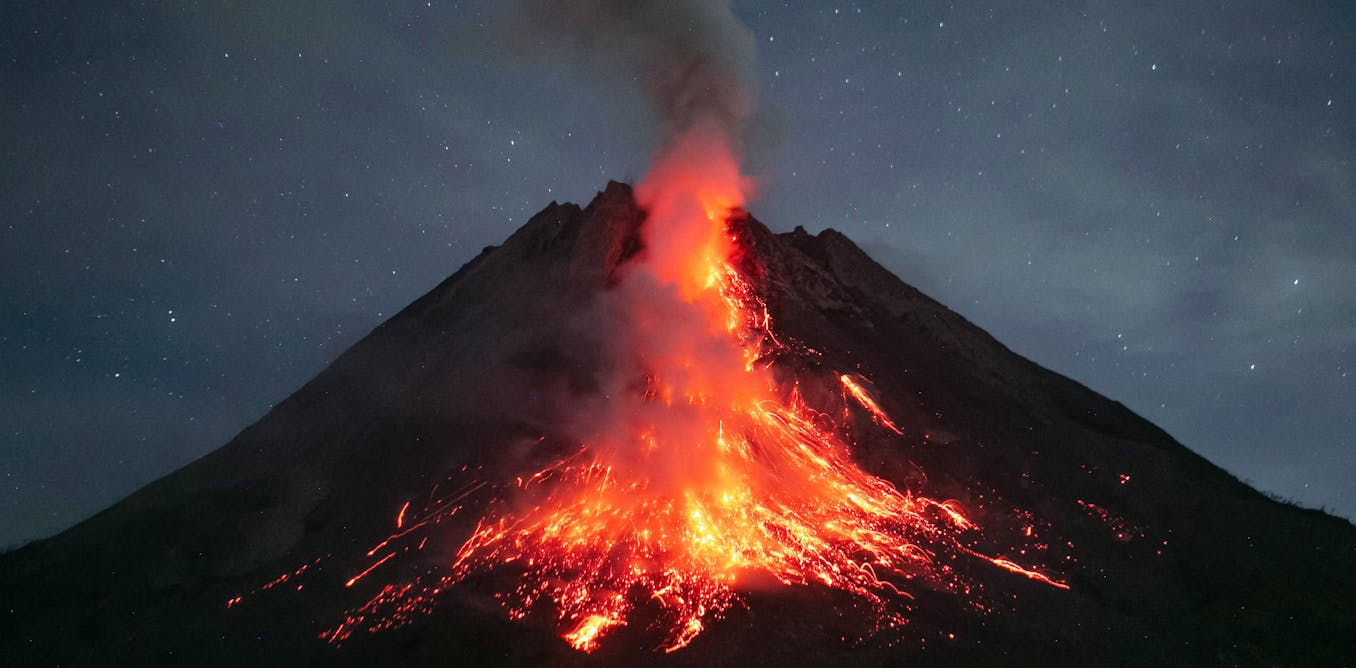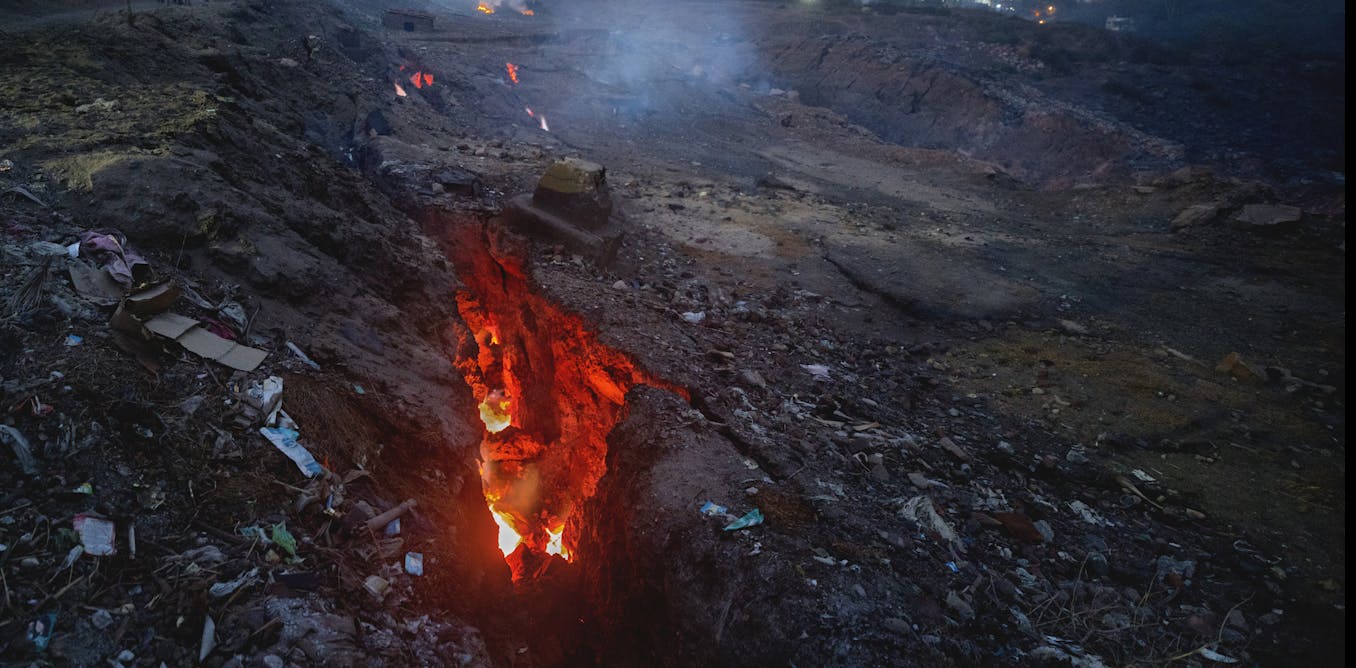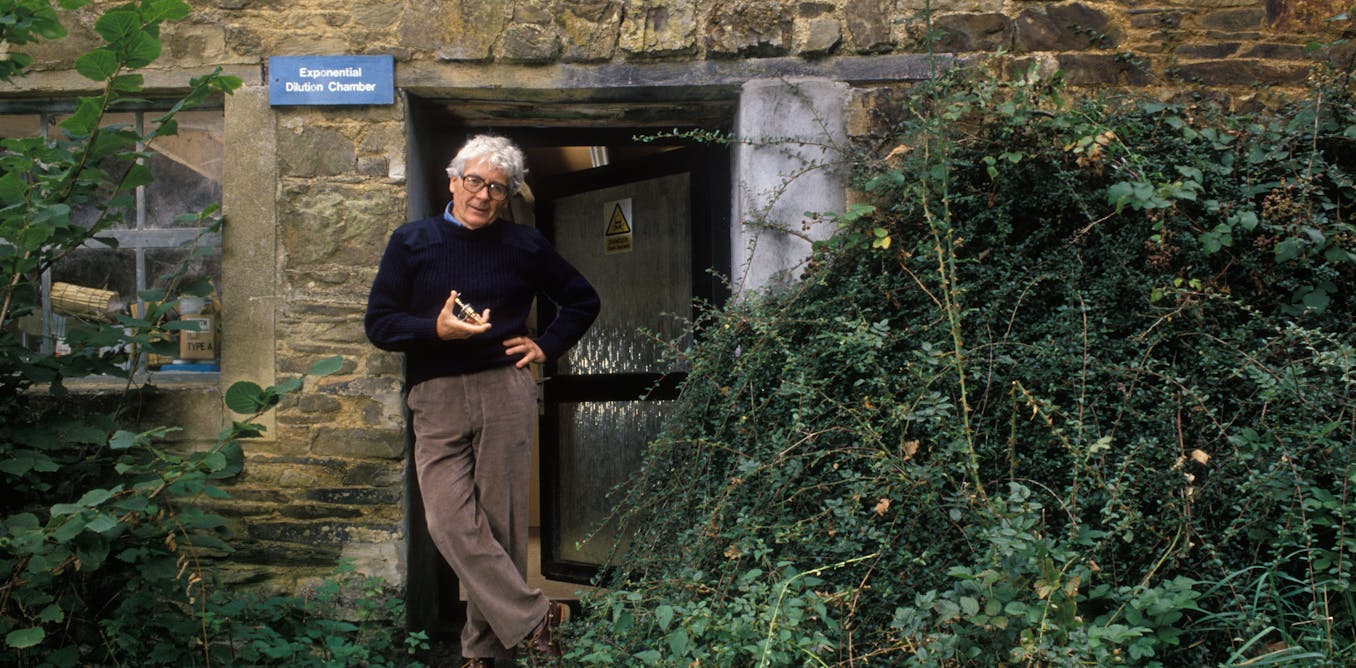'Many sleepless nights': why scientists who predict landslides are under enormous pressure
Satellites can detect land moving by just a few millimetres, but we can never be sure exactly how or when a slope will slide.
Dave Petley, Vice Chancellor and Professor of Geography, University of Hull
• conversation
Nov. 17, 2023 • ~7 min
Nov. 17, 2023 • ~7 min
Living near the fire – 500 million people worldwide have active volcanoes as neighbors
For some people, it’s a choice based on cultural beliefs or economic opportunities provided by the volcano. Other times it’s less a choice than the only option.
David Kitchen, Associate Professor of Geology, University of Richmond •
conversation
July 13, 2023 • ~7 min
July 13, 2023 • ~7 min
What are mud volcanoes?
When mud, fluids and gases erupt at the Earth’s surface, they hint at what’s happening underground, allowing scientists to build a more comprehensive 3D view of what’s going on inside our planet.
Michael R. Hudec, Senior Research Scientist at Bureau of Economic Geology, The University of Texas at Austin •
conversation
Dec. 19, 2022 • ~9 min
Dec. 19, 2022 • ~9 min
Sandcastle engineering – a geotechnical engineer explains how water, air and sand create solid structures
From capillary forces to sand grain shape, the simple mix of sand and water hides the of complexity within.
Joseph Scalia, Associate Professor of Civil and Environmental Engineering, Colorado State University •
conversation
Aug. 19, 2022 • ~8 min
Aug. 19, 2022 • ~8 min
/
2

